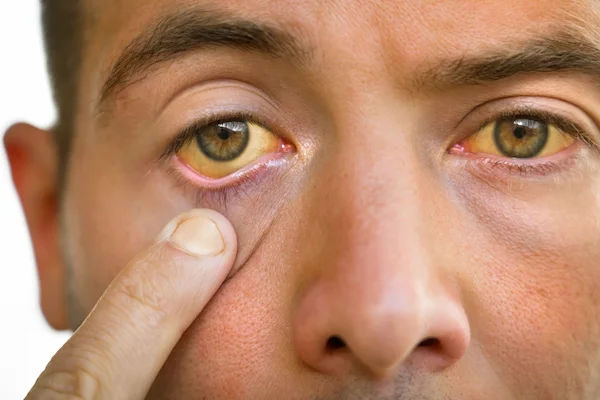Losing Voice as a COVID Symptom
Know about the voice loss in covid, causes, symptoms, duration, how to manage and get recovery. Learn if you could prevent the covid voice loss symptom.


Introduction
Losing your voice, also known as hoarseness or laryngitis, can be an unexpected and frustrating symptom of COVID-19. While fever, cough, and fatigue are more commonly discussed, voice changes can also occur due to the virus affecting your throat and respiratory system. If you or a loved one is experiencing this, don’t worry—this guide will help you understand why it happens, how to manage it, and when to seek medical advice.
Why Does COVID-19 Cause Voice Loss?
COVID-19 primarily affects the respiratory system, including the throat and vocal cords. Here’s how it can lead to voice loss:
1. Inflammation (Laryngitis) – The virus can irritate and inflame your vocal cords, making your voice sound raspy or weak.
2. Dry Throat & Coughing – Persistent coughing and throat dryness from COVID-19 can strain your vocal cords.
3. Postnasal Drip – Excess mucus dripping down your throat can further irritate your voice box.
4. Fatigue & Weakness – General illness-related fatigue can make speaking difficult.
Health topic carousel:
Doctor's speciality: general practitioner
Text: Consult a top general practitioner for the best advice
Other Common COVID-19 Symptoms Alongside Voice Loss
If you’ve lost your voice due to COVID-19, you may also experience:
Sore throat
Dry cough
Fever or chills
Fatigue
Congestion or runny nose
Shortness of breath
How Long Does Voice Loss Last?
For most people, voice changes due to COVID-19 improve within 1-2 weeks as the infection clears. However, if your voice doesn’t return to normal after this period or worsens, it’s best to consult a doctor.
Tips to Help Your Voice Recover Faster
1. Rest Your Voice
Avoid speaking too much or shouting.
Whispering can actually strain your vocal cords more, so try to speak softly instead.
2. Stay Hydrated
Drink warm water, herbal teas (like chamomile or ginger), and broths to soothe your throat.
Avoid caffeine and alcohol, as they can dehydrate you.
3. Use a Humidifier
Dry air can worsen throat irritation. A humidifier adds moisture to the air and helps ease discomfort.
4. Gargle with Salt Water
Mix ½ teaspoon of salt in warm water and gargle 2-3 times a day to reduce throat inflammation.
5. Avoid Irritants
Stay away from smoking, vaping, and polluted air.
Avoid spicy or acidic foods that can further irritate your throat.
6. Try Throat Lozenges or Honey
Sugar-free lozenges or a spoonful of honey can provide temporary relief.
When to See a Doctor
While most cases of COVID-related voice loss resolve on their own, contact a healthcare provider if:
Your voice doesn’t improve after 2 weeks.
You have difficulty breathing or swallowing.
You experience severe pain or swelling in your throat.
You notice blood in your saliva or phlegm.
If you’re unsure or need expert advice, you can consult an ENT specialist or general physician through Apollo 24|7 for a quick evaluation.
Can You Prevent COVID-Related Voice Loss?
Since voice loss is a symptom of COVID-19, the best prevention is to avoid infection:
Get vaccinated and boosted.
Wear masks in crowded places.
Wash hands frequently.
Maintain good hydration and vocal hygiene.
Final Thoughts
Losing your voice due to COVID-19 can be uncomfortable, but it’s usually temporary. Resting your voice, staying hydrated, and avoiding irritants can help speed up recovery. If symptoms persist or worsen, don’t hesitate to seek medical help.
Health topic carousel:
Doctor's speciality: general practitioner
Text: Consult a top general practitioner for the best advice




